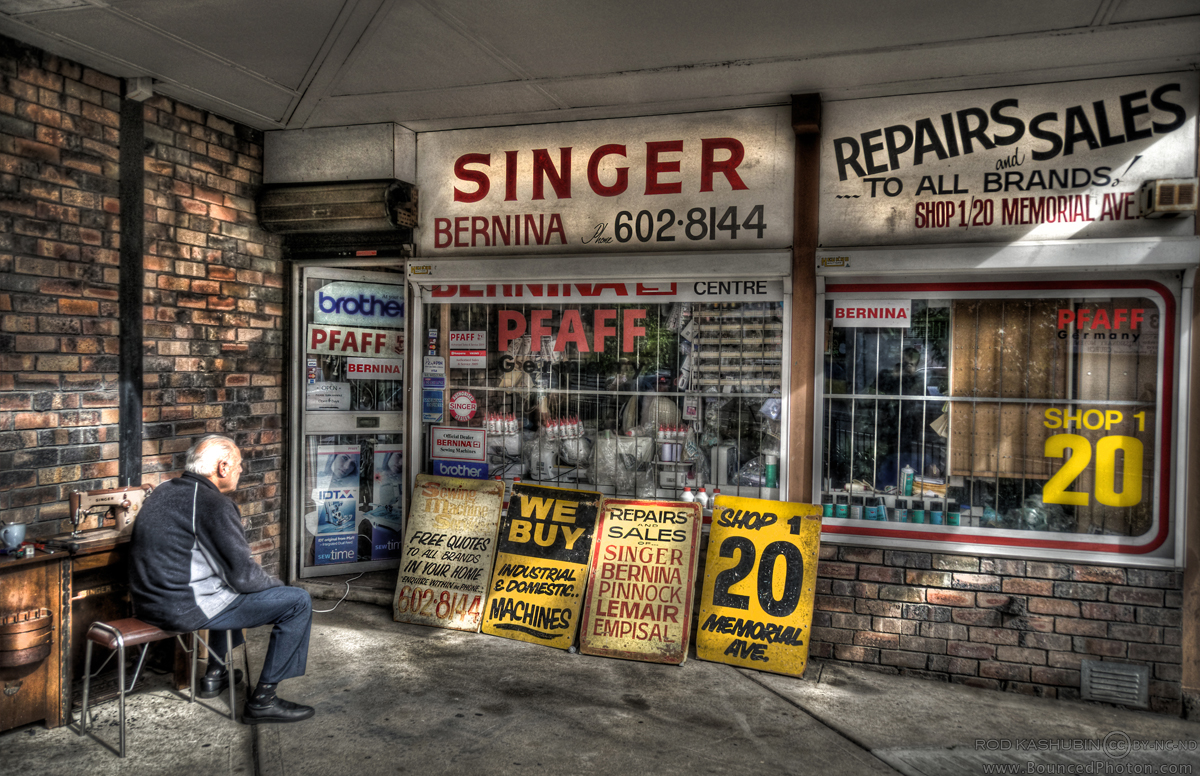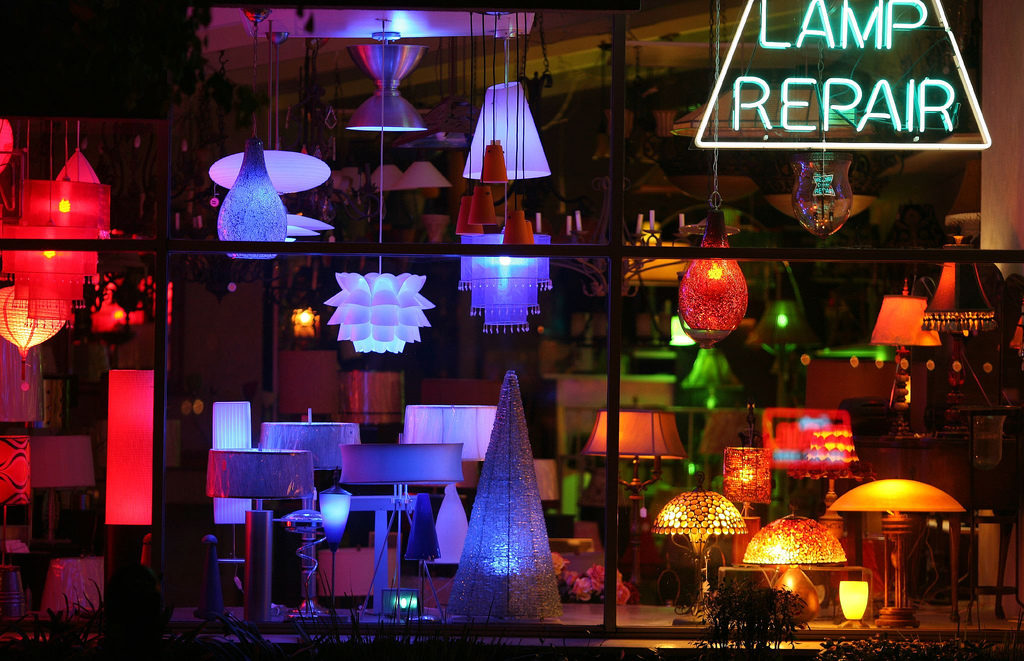Photo credit: Thomas Hawk via Foter.com / CC BY-NC.
In the wake of an unanswered open call from the Copyright Office for someone to defend video gamers' rights to modify their consoles, a new advocacy group has formed to represent both purchasers of goods and folks that run repair businesses. The Repair Association has set its first sights on reform of the Digital Millennium Copyright Act so that its constituents have the “right to repair” anything and everything.
Also on the agenda are property rights and access:
Guaranteeing Property Rights
Many manufacturers make it impossible — whether inadvertently or intentionally — for consumers or independent repair technicians to fix their products, leaving consumers with few other options than to buy new.
Modern repairs involve electronics: any product that can have embedded electronics, will eventually have embedded electronics. Repairing those electronics requires information, parts, firmware access, and tooling specifications from the product designers.
The knowledge and tools to repair and refurbish products should be distributed as widely and freely as the products themselves. In contrast to centralized manufacturing, reuse must be broadly distributed to achieve economies of scale.
Creating an economy around extending the lifespan of manufactured goods will create jobs and benefit the environment.
Products should be designed to have their lifespan extended by regular maintenance and repair.
Equal Access
Information:
Manuals: Make publicly accessible, standardized service manuals in an electronic format.
Schematics and circuit diagrams: Make semiconductor diagrams and data sheets publicly accessible.
Software updates: Allow owners and independent service providers access to machine code and firmware updates.
Licenses: Make all contracts clearly identify which elements of the machine are not included in the sale. Do not allow companies to create contract language (End User License Agreements) that add new requirements for support in the future.
Parts + Tools : Make service parts and tools available at non-discriminatory pricing to equipment owners and third parties.
Patents: Encourage patent licenses to produce repair parts and tools available under fair licensing terms.
Diagnostics: Make troubleshooting and diagnostic tools, codes, and service software available.
Unlocking : Legalize unlocking, adapting, and modifying any part of the machine, including software.
Design : Integrate Design for Repair principles into eco-design product design practices.
Gay Gordon-Byrne, Repair Association's executive director, told Motherboard. “We have all these little businesses trying to repair stuff and running into what they thought were different problems in different industries. We realized it was all just the same problem.”

A Liverpool sewing shop. Photo credit: BouncedPhoton via Foter.com / CC BY-NC-ND.
According to Gordon-Byrne, manufacturers rely on federal copyright law to limit the access granted to unlicensed repair shops. Those same manufacturers also, quite often, refuse to sell replacement parts — even to a product's owner. The Repair Association aims to change that. The means to these ends find the association working on state-level legislation that requires manufacturers to play well with others rather than strangle the secondary repair industry. One such law is currently being pursued in New York and it would force manufacturers to publicly offer manuals and parts to for their products.
The Repair Association's battle against the DMCA brings together members of the Electronic Frontier Foundation, Tradeloop, iFixit, Service Industry Association, the Fixers Collective, and other repair industry groups.









